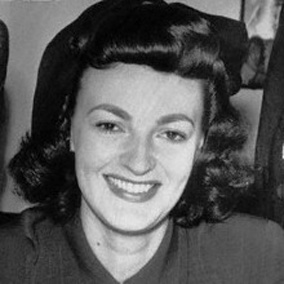A Quote by Jane Austen
Reflection must be reserved for solitary hours; whenever she was alone, she gave way to it as the greatest relief; and not a day went by without a solitary walk, in which she might indulge in all the delight of unpleasant recollections.
Related Quotes
Repeat after me, there are the living and the dead, there are day-folk and night-folk, there are ghouls and mist-walkers, there are high hunters and the Hounds of God. Also, there are solitary types." "What are you?" asked Bod. "I," she said sternly, "am Miss Lupescu." "And what is Silas?" She hesitated. Then she said, "He is a solitary type.
They had stopped now and he gave a glance up at the sky, through the trees, as though to see how much time was left. Amber, watching him, was suddenly struck with panic. Now he was going--out again into that great world with its bustle and noise and excitement--and she must stay here. She had a terrible new feeling of loneliness, as if she stood in some solitary corner at a party where she was the only stranger. Those places he had seen, she would never see; those fine things he had done, she would never do. But worst of all she would never see him again.
I am not sure what lonliness is," she said. "If it is not literally being solitary, is it the fear of solitude, of being alone with oneself? I feel no such fear. I like being alone." "What do you fear then?" he asked her. She glanced briefly at him and smiled, a fragile expression that spoke for itself even before she found words. "Never finding myself again.
A woman can do anything. She can be traditionally feminine and that's all right; she can work, she can stay at home; she can be aggressive; she can be passive; she can be any way she wants with a man. But whenever there are the kinds of choices there are today, unless you have some solid base, life can be frightening.
Normal people, fear the day their parents die. Screwed up people, fear the day their parents kill. My mum killed a guy, at my wedding. So I can pretty much check that off. But, she's my mum. And no matter what she did I just can't walk away from her. She gave me birth. She gave me love. She gave me the ability to make a cigarette fire look like it was started by the hot water heater.
He was making her feel small and absurdly petulant and, worse yet, she suspected he was right. She always suspected he was right. For a brief irrational moment, she wished she could walk away from him. Then she wished, more rationally, that she could love him without needing him. Need gave him power without his trying; need was the choicelessness she often felt around him.
You cannot hammer a girl into anything. She grows as a flower does, she will wither without sun; she will decay in her sheath as a narcissus will if you do not give her air enough; she might fall and defile her head in dust if you leave her without help at some moments in her life; but you cannot fetter her; she must take her own fair form and way if she take any.
She would walk through the kitchen at any hour, whenever she was hungry, and put her fork in the pots and eat a little of everything without placing anything on a plate, standing in front of the stove, talking to the serving women, who were the only ones with whom she felt comfortable, the ones she got along with best.
The doctor's wife wasn't a bad woman. She was sufficiently convinced of her own importance to believe that God actually did watch everything she did and listen to everything she said, and she was too taken up with rooting out the pride she was prone to feeling in her own holiness to notice any other failings she might have had. She was a do-gooder, which means that all the ill she did, she did without realizing it.






































